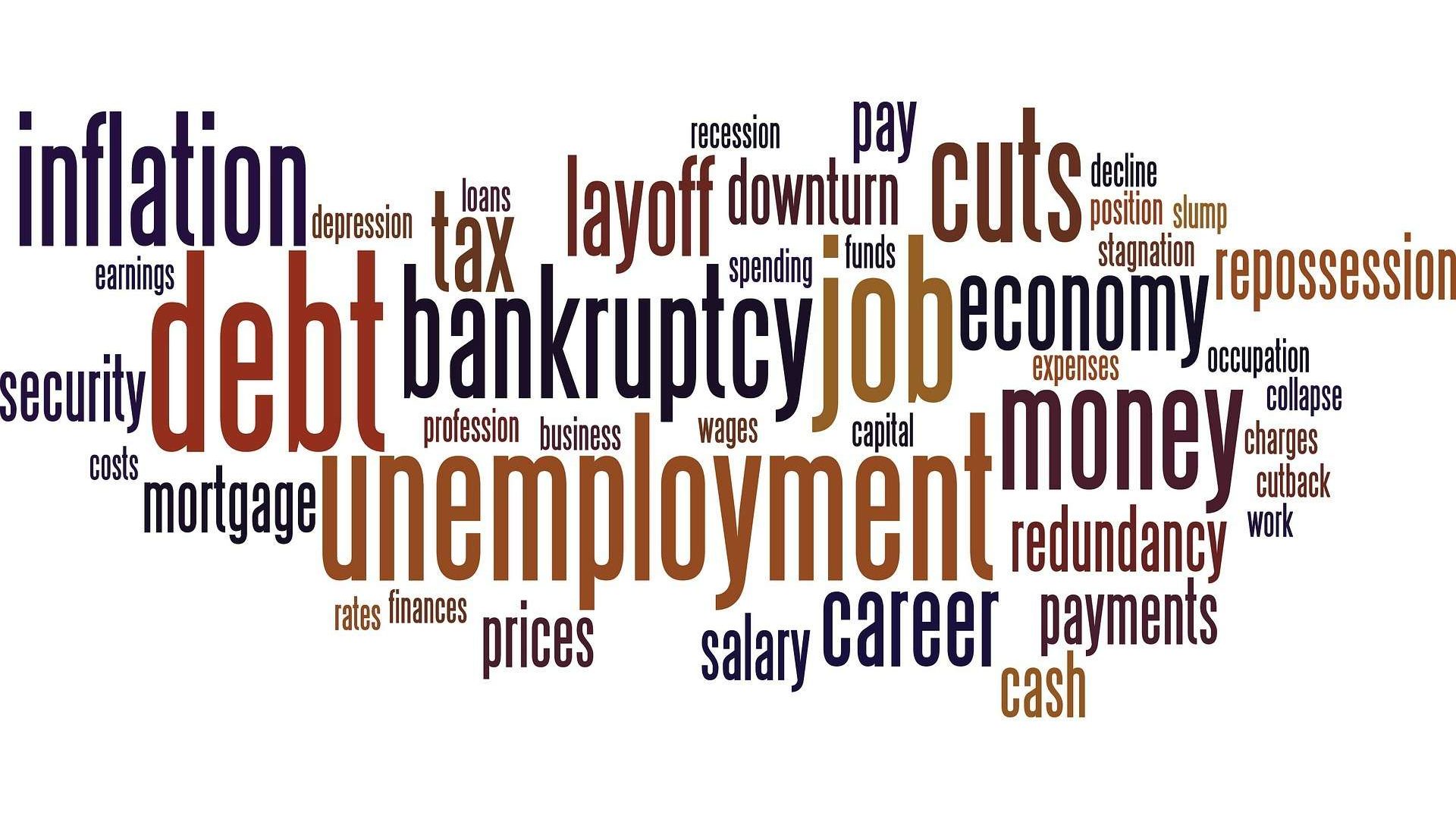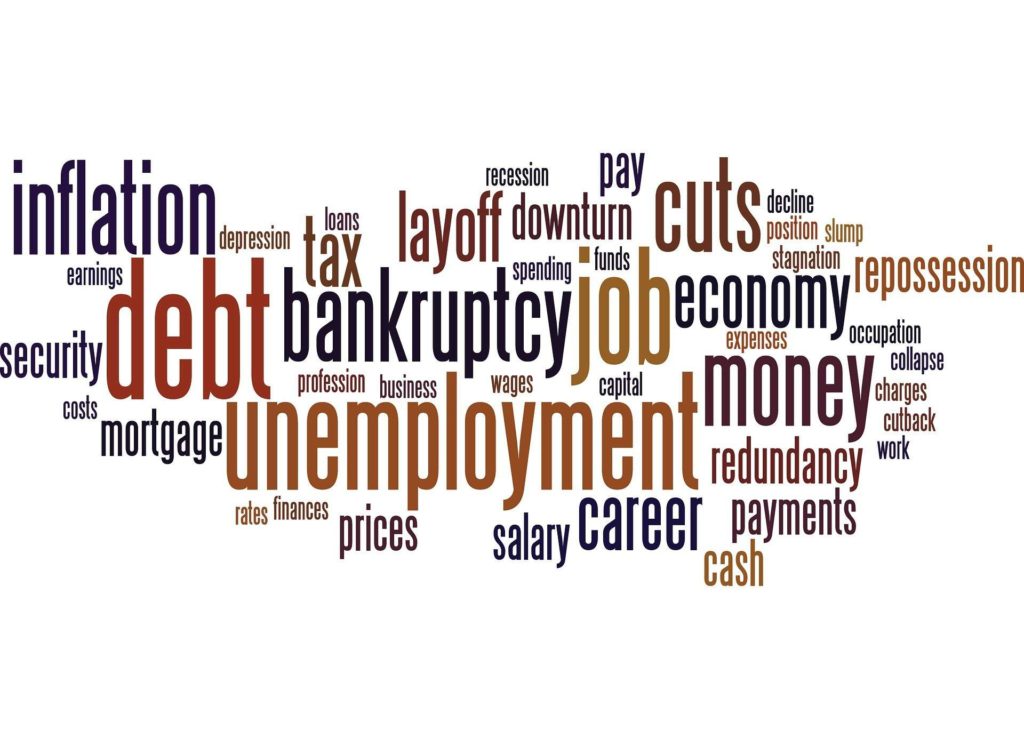Unemployment, the Pandemic & Mental Health
COVID-19 has Taken a Huge Toll on Mental Health
It’s no secret that the coronavirus crisis has left many people stuck at home without jobs. Unsurprisingly, this has taken a widespread toll on mental health. I’ve had a particularly unique vantage point as an out-of-work attorney providing pro bono representation to help New Yorkers with their unemployment claims.
Losing a job under regular circumstances can feel soul crushing. During a global pandemic when finding a job seems impossible, it can feel unimaginably debilitating. I’ve encountered clients who genuinely believe that their lives and careers are over; the loss of hope is palpable. Clients have told me that they’ve lost ability to eat and sleep and instead have become slaves to staring at computer screens and pressing refresh – be it on the unemployment payment history page or on their unanswered job applications. Some struggle with basic hygiene and getting out of bed. Those are just some examples of potential symptoms of a mental health event; people manifest signs of mental health issues differently.
Because everyone’s experience with mental health is unique, those who have preconceived ideas on what mental health events should feel like may not know what to look for or expect. Imagine how difficult obtaining help can become for someone who doesn’t know that they’re struggling with mental health. Then consider the challenge of navigating mental health issues while attempting to manage the stress and uncertainty that comes from job loss. Employed or not, those who don’t know they’re experiencing mental health events will not know to seek guidance. However, many employed people who know about their mental health issues still hesitate to get the help they need. Unemployment can change that hesitation into outright refusal; many candidates won’t risk having an employer pass them up for mental health related reasons.
This means that struggling candidates may instead make the dangerous decision to ignore their mental health to avoid judgment from potential future employers. Some won’t even make the conscious decision, but take the same action as an automatic defense mechanism. It becomes more important to find a job than to prioritize wellness and self care. Employment and mental health seem to somehow become mutually exclusive; it’s as though people fear if they seek mental help, it will show up on their resumes and cover letter and come out during interviews. It is exceedingly important that job seekers struggling with their mental health do not feel forced to put their wellness on the back burner and avoid getting help because it may hinder the job search. This pandemic has also made job hunting more time consuming and difficult than usual and even made filing for unemployment feel like an impossible feat, especially towards the beginning of Coronavirus. Clients expressed feeling that their claims would never get resolved, many were on the verge of giving up all together. I also spoke with many individuals who had completely lowered their standards in terms of salary expectations and jobs all together; some people feel they simply aren’t good enough and don’t deserve paying jobs. It is so important to keep the mental health conversation going to make sure this mindset doesn’t prevail.
To that end, I can personally speak to the fact that mental health issues and setbacks do not define one’s ability to perform work and to perform it well. My setback is extreme, but it has reminded me that even negative experiences can come with hidden, helpful lessons that end up improving your career. As I mentioned earlier, even though I am searching for a new job, I am also providing pro bono legal representation for New Yorkers who have filed for unemployment, gotten denied, and need help navigating the next steps of the process. Every time I help a client I can tell how relieved they are to finally receive their benefits. Even though this work is incredibly rewarding and I am a very selfless individual, I must admit that it has been a true test of my strength and ability to provide this help and representation while unbeknownst to my clients, dealing with my own personal employment disaster. I can definitely think of a few times where it felt like a Herculean effort not to cry as I helped others collect benefits while internally reminding myself that I’m not eligible for benefits and have no source of income or prospects or leads of any kind. BUT I have my depression and anxiety under control and instead of allowing it to affect my work performance negatively, I find ways for it to increase my drive and improve my work.
For example, my current employment situation allowed me to relate more to the clients on the pro bono initiative. This triggered a deeper interest and motivation in me to really do my best and learn the most that I could in a new legal field. I’ve developed skills that I didn’t possess before and more direct client facing experience. Before getting involved in the New York State Bar Association’s pro bono unemployment initiative, I didn’t have experience in employment law. I have gained expertise in a new field by studying case and statutory labor law as much as I could and took leadership in compiling legal resources for the other volunteers in the program. Most importantly, my clients never had any inclination about the struggles I am experiencing, because I am still able to maintain the discipline it takes to perform my duties as an attorney and work for and represent my clients. Mental health events and setbacks are a lot more common than people may realize, but that’s ok. Mental health issues are not an area of judgment on a job performance rubric. That’s why we need to continue the mental health conversation as we stride towards success and away from antiquated stigmas.


